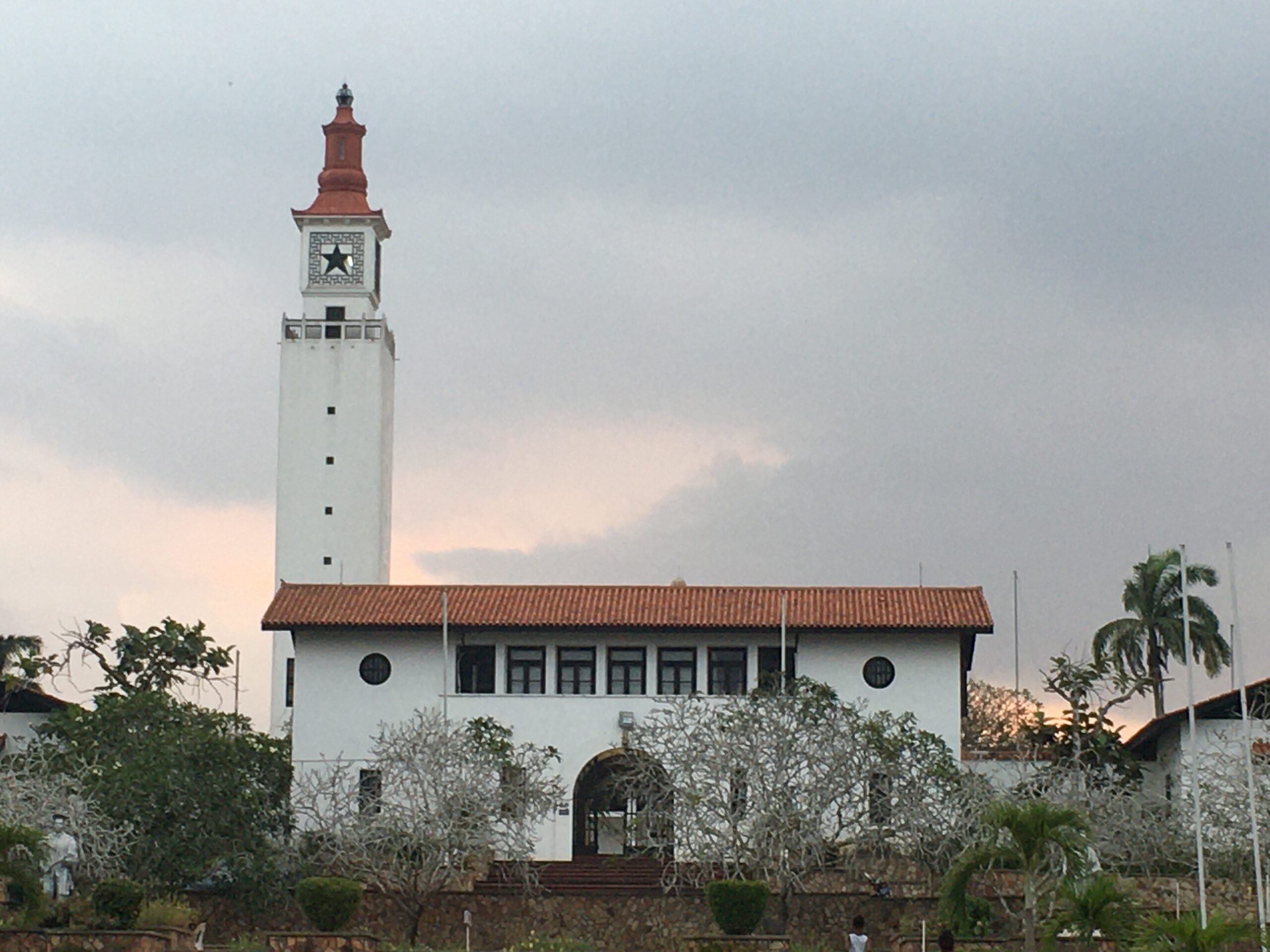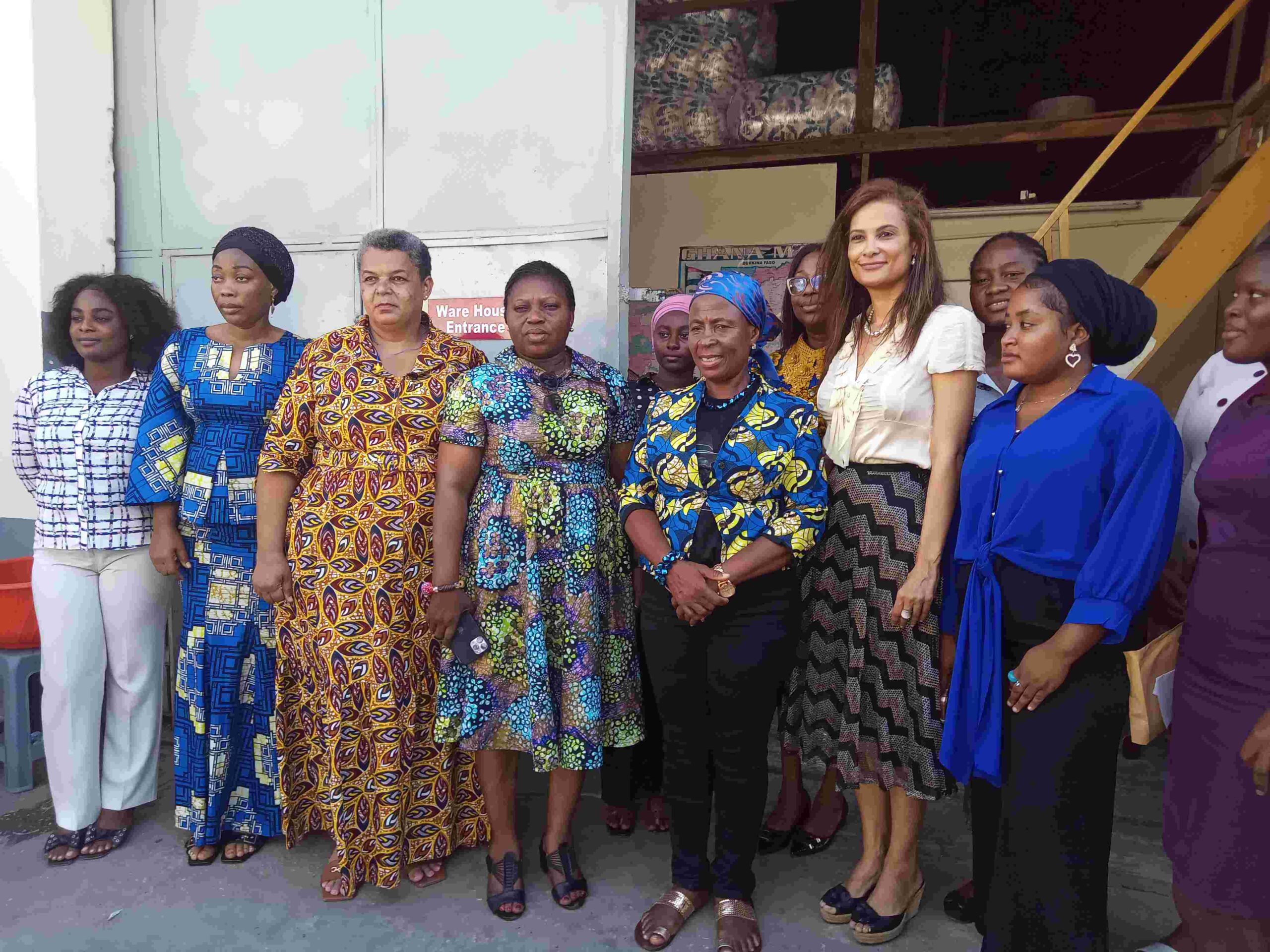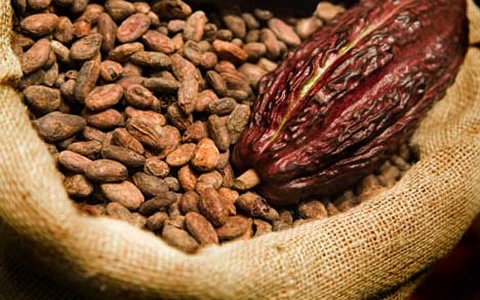
By Kingsley Webora TANKEH
The country risks deepening its reliance on imported rice and undermining food security unless government enforces import quotas to stimulate domestic production, Prof. Maxwell Darko Asante, Director-Crop Research Institute (CRI), has warned.
Speaking to Business and Financial Times (B&FT), the crop scientist argued that Ghana’s path to self-sufficiency depends on compelling large-scale importers to source a share of their rice locally before being granted foreign exchange to import the rest.
“For me, that is the most sustainable way of doing it. They were saying that all the big importers, before you are given forex to import, you must have a quota of what you sell sourced locally,” he explained.
Prof. Asante said such a policy would force backward integration, giving multinational firms such as Olam – which already markets a local brand, Mama Gold – an incentive to invest in domestic farming, modern milling facilities and guaranteed markets for smallholder farmers. He suggested a gradual quota increase, starting at 30 percent and rising to 90 percent within a decade.
Despite Ghana producing high-quality varieties such as Jasmine 85, Agyapa, Amankwatia, Agra and CSIR’s new early-maturing ‘Japa’, post-harvest losses remain high due to weak investment in processing and storage. This has kept the market heavily reliant on imports from Vietnam, Thailand, Myanmar and the Philippines.
“Anybody who tells you we don’t have the [quality] varieties is lying to you. We have the quality materials. The difference may only come from the way it is treated post-harvest and the machines that mill it,” he stressed.
Prof. Asante dismissed calls for an outright ban on imports, citing political interference, lobbying pressures and production shortfalls. “Government things are not sustainable. Maybe due to some money they are paying to political parties and all that, then we’ll go back and forth,” he said.
Ghana consumes an estimated 1.5 million metric tonnes of milled rice each year, but local production meets only 40–50 percent of demand. While the deficit raises food security concerns, farmers in production hubs such as the Fumbisi Valley still face gluts – struggling to sell their harvest for lack of storage and capital to reinvest in the next season.
Unlike countries such as Vietnam or India, where rice can be stored for years, Ghana’s weak market linkages force farmers and millers to sell quickly at low prices… creating a cycle of waste and shortages.
Analysts warn that without bold reforms, including sustained investment and enforcement of import quotas, Ghana risks deepening its dependency on imported rice despite having the right varieties and favourable growing conditions.
The post Implement, enforce import quotas to save local rice industry – researcher urges appeared first on The Business & Financial Times.
Read Full Story























Facebook
Twitter
Pinterest
Instagram
Google+
YouTube
LinkedIn
RSS